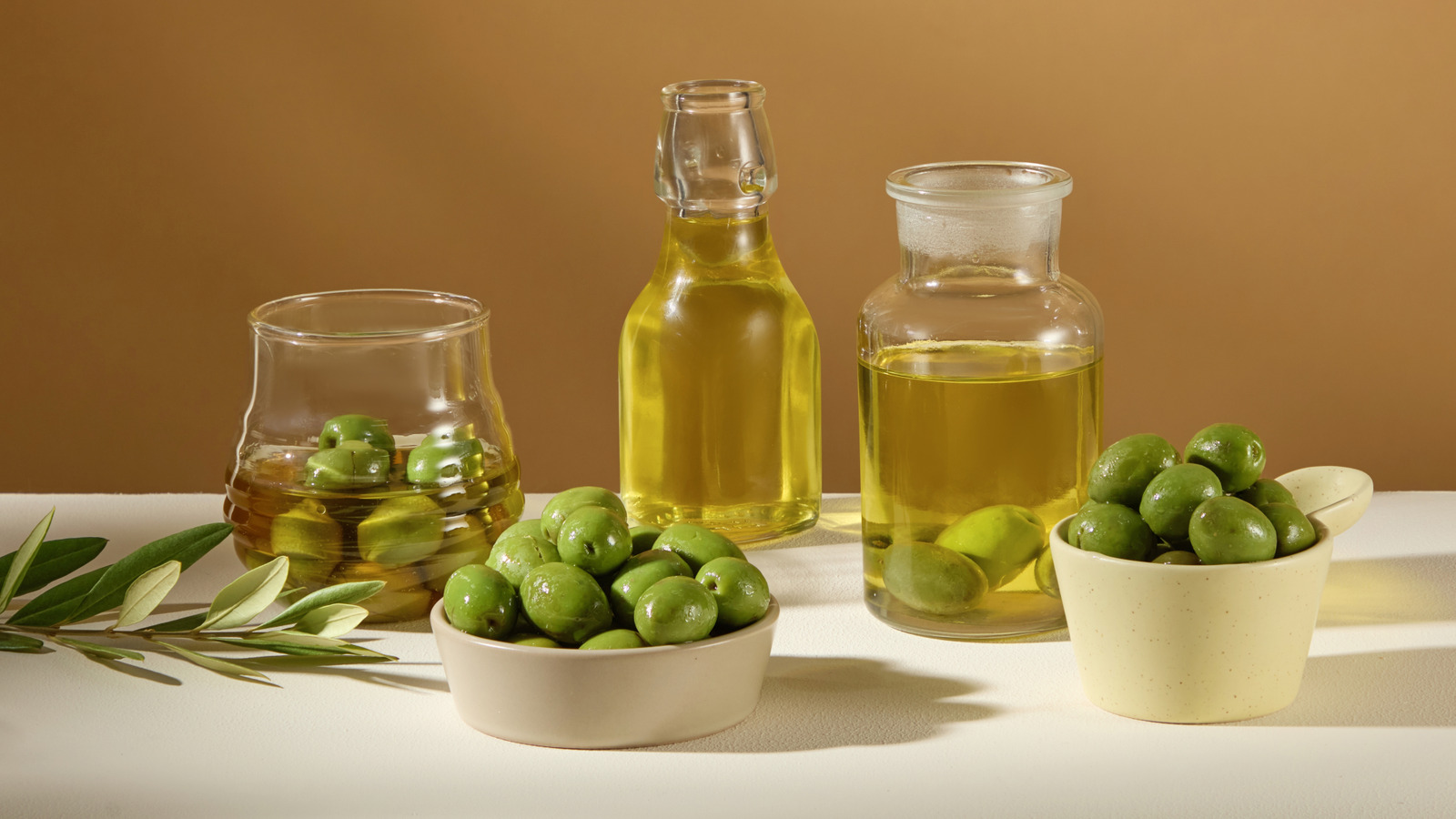
"There's something kind of beautiful about an empty olive oil bottle; the weight of the glass, the green-gold tint that catches light on the counter. It feels wasteful to throw away something built so sturdily. Olive oil bottles are designed for longevity. The dark glass protects from light, while a narrow neck controls pour, and a thick, heavy base keeps it steady on the table. All of this makes it the perfect object for a second life."
"Recycling is a downgrade for glass this solid. Repurposing stretches the utility and celebrates the mostly-unsung pulchritude of its form. You can refill an olive oil bottle dozens of times, and every refill spares another plastic dispenser from the landfill. If you buy different kinds of oils, you've probably noticed that each brand's bottle has its own silhouette - some squat and rustic, others tall and architectural. Those shapes translate elegantly when refilled with something new, whether that's soap, vinegar, or a syrup you made yourself."
Empty olive oil bottles are sturdy, dark-glass containers designed to protect contents from light, control pour with narrow necks, and remain stable with thick bases. Those features make the bottles ideal for reuse as soap dispensers, vinegar cruets, syrup containers, or refilled oils. Proper cleaning requires hot water, detergent, and white vinegar, followed by complete drying to prevent rancidity. Reusing bottles reduces plastic waste and extends the material's utility. Many brands offer distinct silhouettes that translate elegantly when refilled. Screw-on pumps or repurposed soap pumps can fit certain neck diameters; thinner soaps like diluted castile work best. Opaque glass helps protect soap scent and texture from sunlight and the narrow neck keeps drips tidy. Bottles can be refilled dozens of times, and each refill spares another plastic dispenser from the landfill.
Read at Tasting Table
Unable to calculate read time
Collection
[
|
...
]